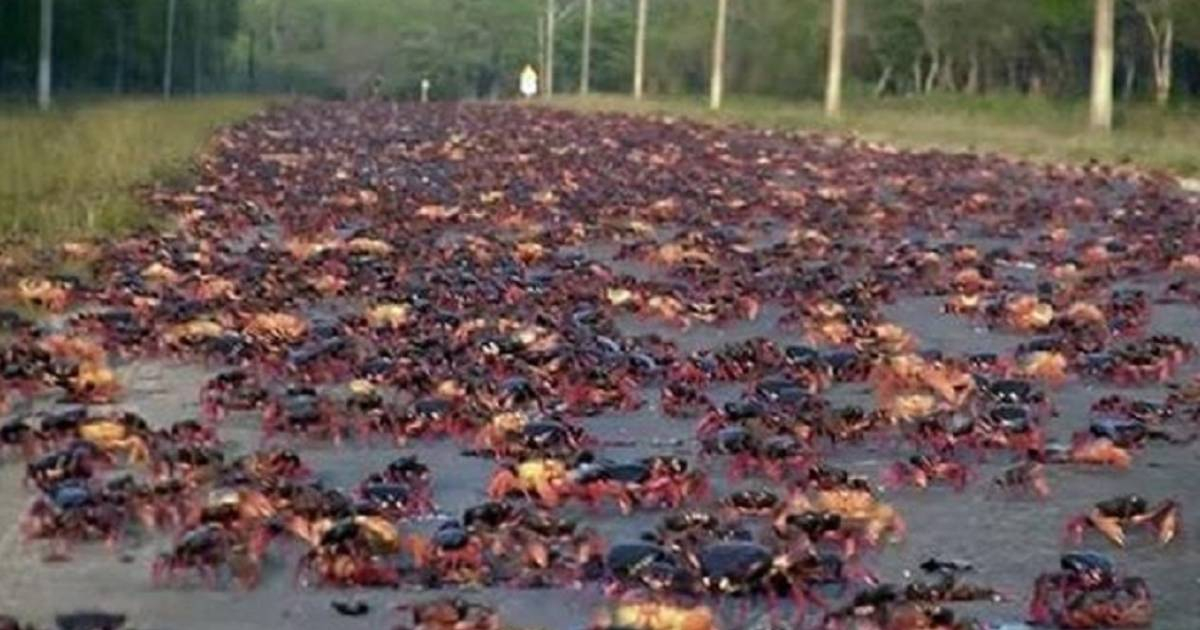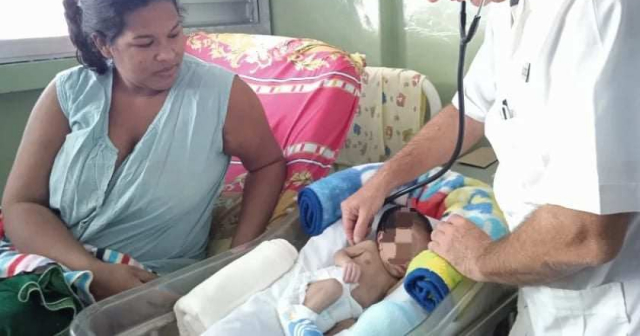
The recent rains in Cuba have triggered a massive migration of red crabs on the road that connects the city of Trinidad with the province of Cienfuegos, while authorities have warned the population that these crustaceans "are not edible."
This event is not unusual in that region of the country, where in recent days thousands of crustaceans cross the road from one side to the other, as reported by the local newspaper Escambray.
Experts claim that unlike the velvet crab, the red crab or zombie crab is not edible, as its consumption could have adverse consequences for humans. The shell of this species contains tungsten, a heavy metal that could accumulate in the body and cause serious health damage.
Although the spectacle of the migration of red crabs is fascinating for specialists and residents in the area, it also raises concerns about the need to preserve the lives of these animals and avoid disruptions in drivers' journeys.
Many animals can be crushed by cars; but their claws can also cause punctures in the tires.
Therefore, authorities recommended avoiding traveling on this road during morning or afternoon hours, and to do so at a slow speed when unavoidable.
The regular drivers of this route recommend driving gently, as the crabs, upon perceiving the approach of vehicles, try to move away, although their claws can be equally harmful to the tires.
This crustacean, known as the land crab or zombie crab, is not exclusive to Cuba, but is an essential part of the landscape on the island, especially in the Zapata Swamp.
Although they are not consumed, environmental experts advocate for their conservation since they serve as food for other terrestrial and marine species.






